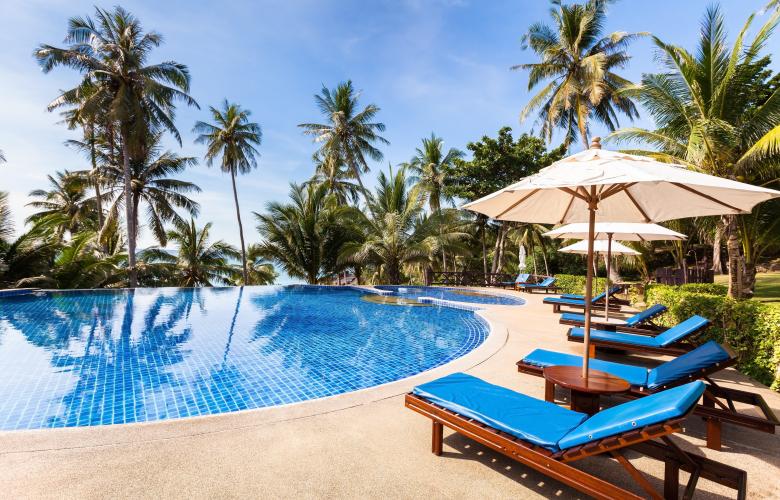Frequently asked hotel depreciation questions answered - BMT
Contact
Frequently asked hotel depreciation questions answered - BMT
BMT Tax Depreciation have been providing depreciation services to hotel operators for over twenty years, ensuring these businesses maximise their returns.
Wondering if and how you can claim depreciation on your hotel? Or are you unsure if you can take advantage of any of the taxation incentives on offer? BMT has addressed some of the most common questions they have been receiving from hotel owners to help you get the answers.
Q. What is depreciation, and can all hotel operators claim it?
Depreciation is the natural wear and tear of a property and its assets over time. Owners of income-producing properties and businesses can claim this depreciation as a tax deduction each financial year.
As long as the hotel is actively operating a business, they can claim all available depreciation deductions. Depreciation is deducted from the hotel’s taxable income, meaning the business pays less tax.
Q. What can depreciation be claimed on?
Depreciation can be claimed on two key categories: capital works and plant and equipment.
Capital works refers to the property’s structure and any fixed assets. This includes the walls, doors, staircases, windows and fixed furnishings like built-in wardrobes. Hotels are classified as a type of ‘traveller accommodation’, so capital works depreciate at a rate of 4 per cent or 2.5 per cent – the exact rate depends on the hotel’s construction date.
The second category is plant and equipment. This refers to the easily removable or mechanical assets of the hotel. Key examples include freestanding furniture like beds, kitchen appliances, hot water systems and floor coverings.
Plant and equipment assets depreciate across their effective lives. This means two assets can depreciate differently. For example, hotel carpets depreciate at a rate of 14.29 or 28.57 per cent over seven years. Meanwhile, a hotel’s hot water system depreciates at a rate of 10 or 20 per cent over ten years.
It’s important to note here that plant and equipment assets can also be eligible for incentives such as the temporary full expensing policy.
Q. How does the current temporary full expensing policy work and can hotel operators use it?
Temporary full expensing essentially amplifies the previous instant asset write-off.
Under the policy, hotel operators can instantly claim back the full cost of eligible plant and equipment assets purchased between 7.30pm on 6 October 2020 and 1 July 2022.
There’s no asset value cap or limit to the number of assets that can be claimed under full expensing. This has the potential to boost cash by hundreds of thousands in a single financial year, while building capital.
A must-mention of the temporary full expensing is that it’s only available for businesses. This means a hotel’s landlord that leases the property to an operator (i.e. not conducting a business) cannot claim using full expensing.
Q. What do hotel operators need to claim depreciation?
A tax depreciation schedule prepared by a specialist quantity surveyor is the key to claiming deprecation.
This schedule is a type of report that identifies every depreciable structure and asset of a property and the deductions available from these. Once a hotel operator has one of these schedules, their accountant can use it to calculate their depreciation-related tax deductions each financial year.
BMT Tax Depreciation has been helping hotel operators pay less tax for over twenty years. The team are experts in maximising compliant depreciation claims for all types of hotels. To learn more about what BMT does, Request a Quote.
The views expressed in this article are an opinion only and readers should rely on their independent advice in relation to such matters.
This is a sponsored feature article.
More from BMT:
The must-know commercial depreciation basics for hotel owners - BMT
BMT shares how hotel operators can get the most out of their renovation spend
Business pool lucrative for small hotel owners - BMT Tax Depreciation







